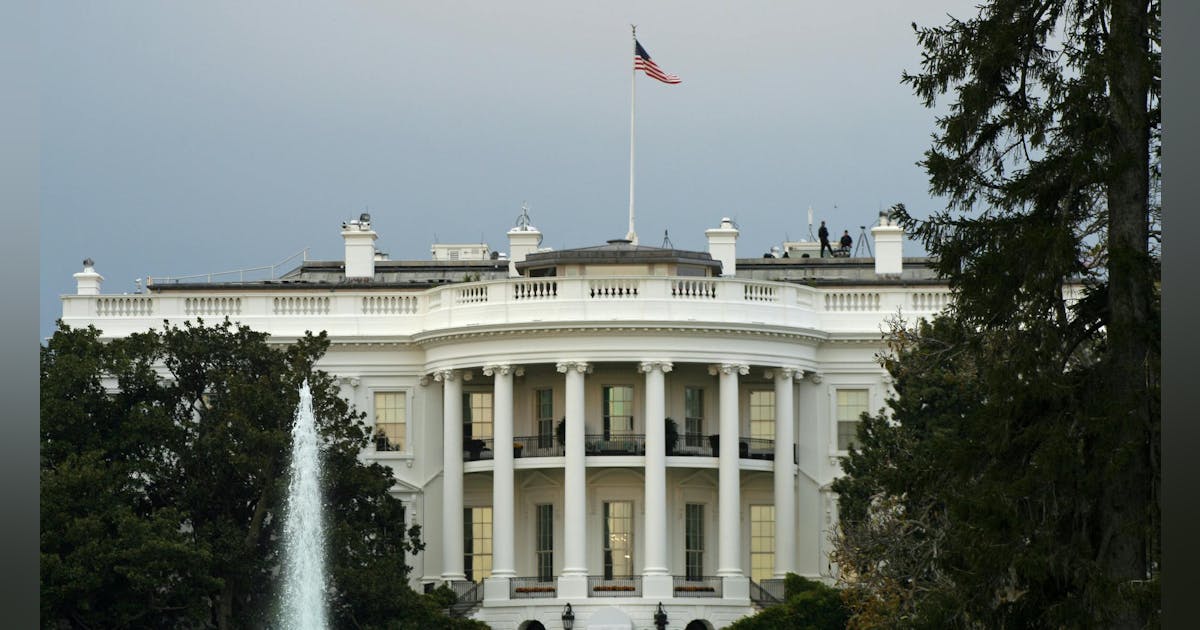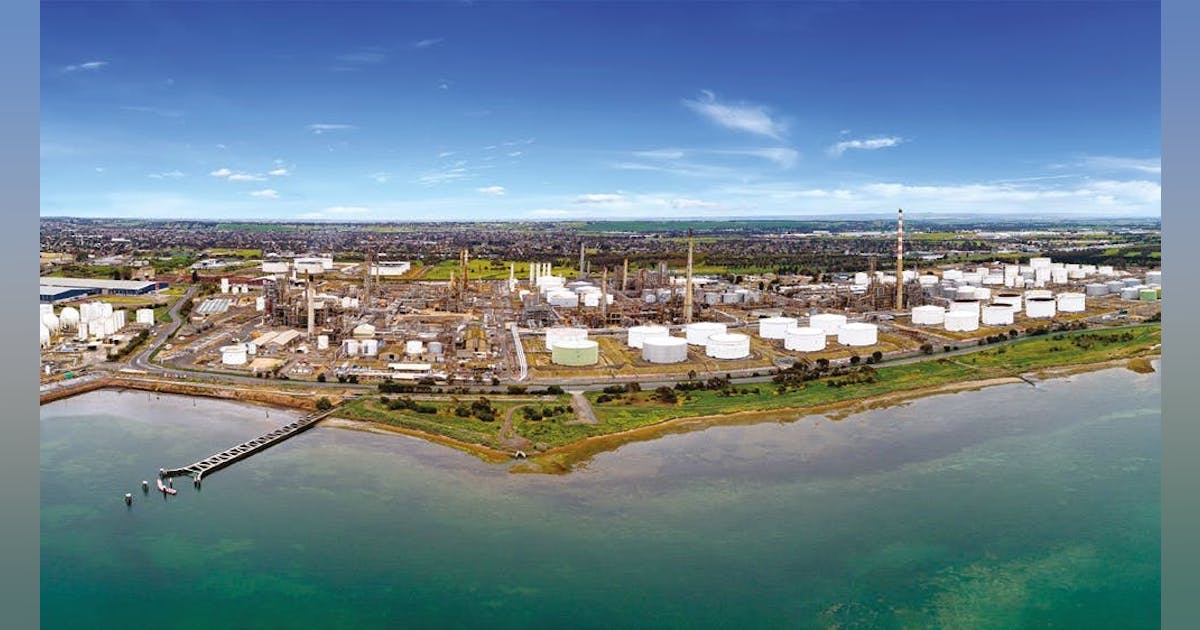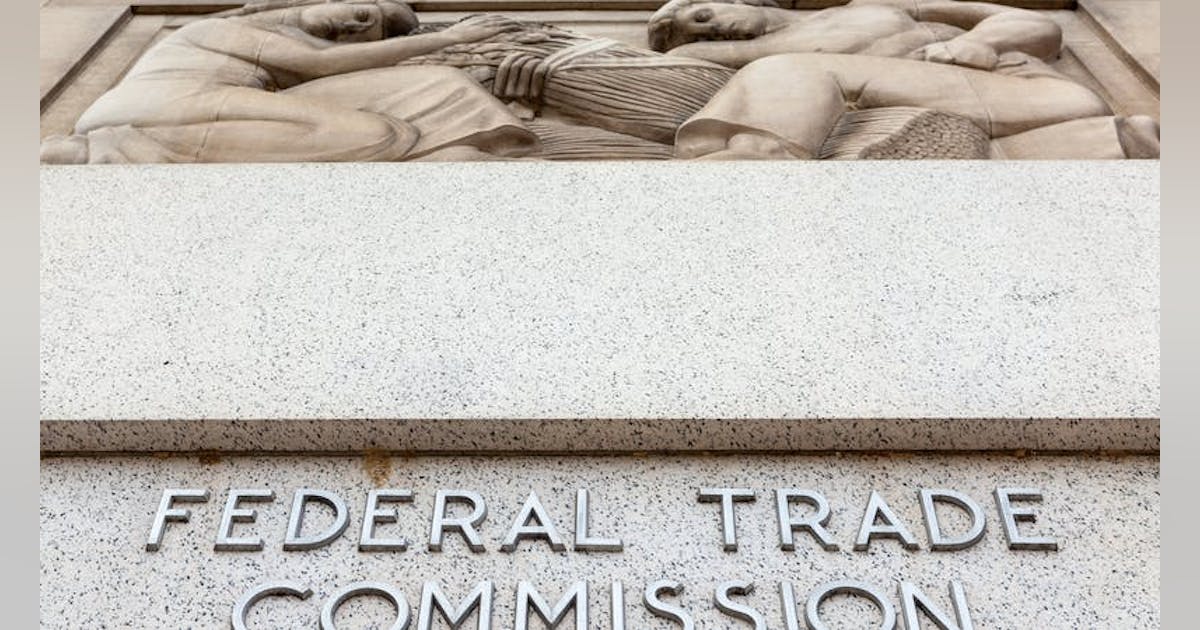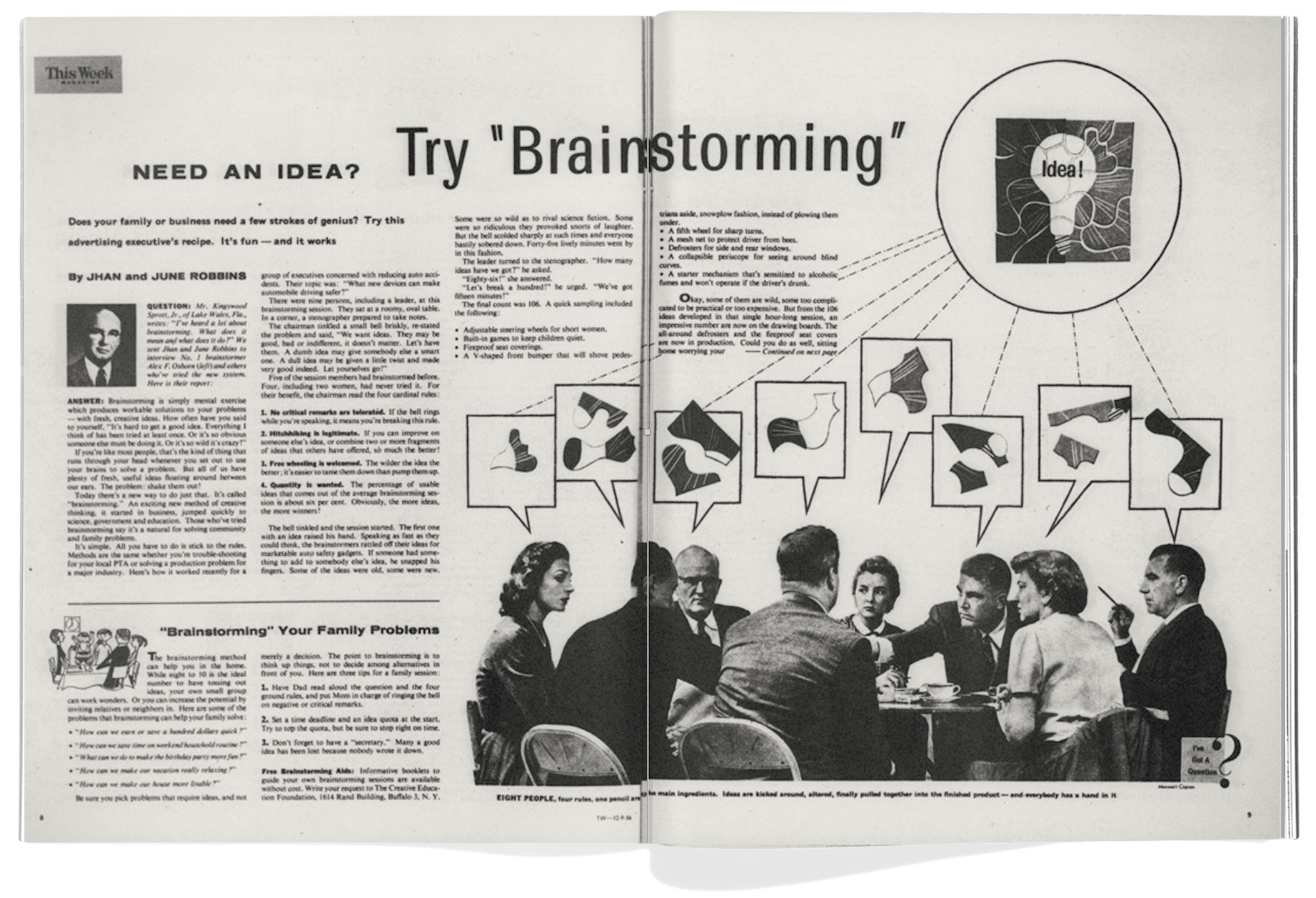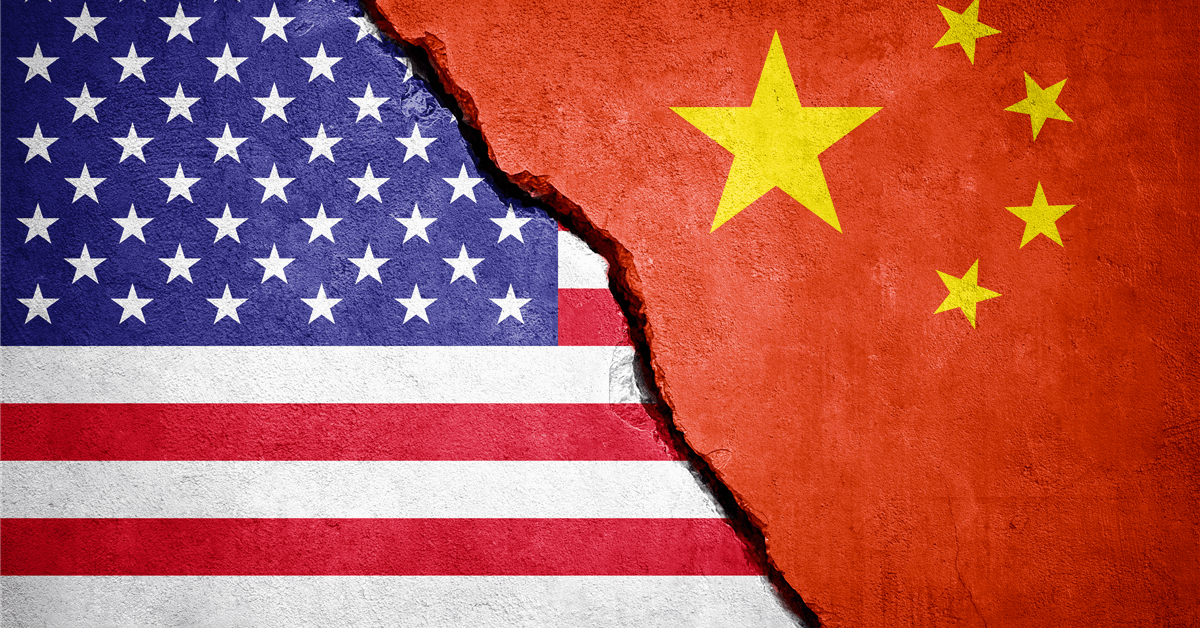
The Trump administration took steps to impose levies on Chinese vessels docking at US ports, threatening to shake up global shipping routes and escalate the trade war between the world’s two biggest economies.
Under a plan put forward by the US Trade Representative on Thursday, all Chinese-built and -owned ships docking in the US would be subject to a fee based on the volume of goods carried, on a per-voyage basis. The proposal follows a months-long investigation ordered by the Biden administration into whether Chinese shipbuilding threatens US national security. The plan also hits non-Chinese shipbuilders, adding a levy to any vehicle carriers not made in America calling at US ports.
The so-called 301 petition ordered the fee to go into effect in six months, with another phase restricting foreign-built vessels that transport liquefied natural gas to begin in three years. After six months, the fee for Chinese vessels would be set at $50 per net ton, or the volume of a ship’s revenue-earning space, and then increase incrementally over three years.
Chinese-built vessels would be assessed based on net tonnage or per container. Funds from the docking fees would be used to help revitalize the waning US shipbuilding industry, which long ago pivoted from building commercial ships to focusing on naval contracts.
Chinese Foreign Ministry spokesman Lin Jian slammed the actions at a daily press briefing in Beijing on Friday, saying they will hurt US consumers and businesses in addition to disrupting global supply chains, while also failing to revitalize the US shipbuilding industry.
“Measures such as imposing port fees and levying tariffs on cargo-handling facilities hurts the US itself as well as others,” Lin said.
Thursday’s proposal is a departure from its initial iteration, which suggested charging fees of at least $1 million per ship each time it called at a US port. The proposal now recommends that fees be levied based on tonnage.
Another major deviation is that the USTR is now proposing that fees be charged per voyage, instead of per port call. The original proposal alarmed shipping companies, especially container liners, who feared increased congestion at bigger US ports if vessels tried to avoid multiple stops.
Ship operators can avoid the fees for up to three years if they can show that they’ve ordered a new US-built vessel. Ships that arrive empty at US ports to pick up bulk cargoes are exempted, as well as those that sail to Caribbean islands and Great Lakes ports.
Labor unions representing US steel workers and the shipbuilding industry applauded the move by the USTR, saying the fees would reinvigorate domestic shipping. Asian shipping stocks outside of China rose Friday, while Chinese shippers dipped slightly.
Trump has long argued that China’s dominant role in the maritime industry has made the US overly dependent on the Asian nation, echoing the concerns of some shipbuilders. But US importers who rely on Chinese vessels to move everything from crude oil to retail goods see the docking fees as a de-facto tariff that would compound the already dizzying slate of duties Trump has imposed on global imports.
Representative Angie Craig of Minnesota, the top Democrat on the House Agriculture Committee, said in a statement the fees threaten American farmers looking to ship their goods.
Opponents of the plan said at a March hearing that the move would raise prices for consumers, disrupt trade and threaten US ports. Shippers also point out that China’s dominant position in shipping, established over the past two decades, would be difficult to overcome with the fee alone.
A second phase beginning in three years would limit liquefied natural gas shipments on foreign vessels, with restrictions increasing incrementally over 22 years. The US is the world’s biggest exporter of LNG.
The proposals also target foreign-built car carriers regardless of which country constructed them. Starting 180 days from now, the administration will levy a $150-per car equivalent unit (CEU) fee on non-US-built car carriers entering the US.
Adam Shaffer, vice president of international trade and global affairs of the Recycled Materials Association (ReMA), said the group was pleased that the administration chose not to impose fees on Chinese-built vessels that arrive empty at American ports. He added that his group would continue to evaluate the potential impact on its members on other fees.
WHAT DO YOU THINK?
Generated by readers, the comments included herein do not reflect the views and opinions of Rigzone. All comments are subject to editorial review. Off-topic, inappropriate or insulting comments will be removed.
MORE FROM THIS AUTHOR
Bloomberg








